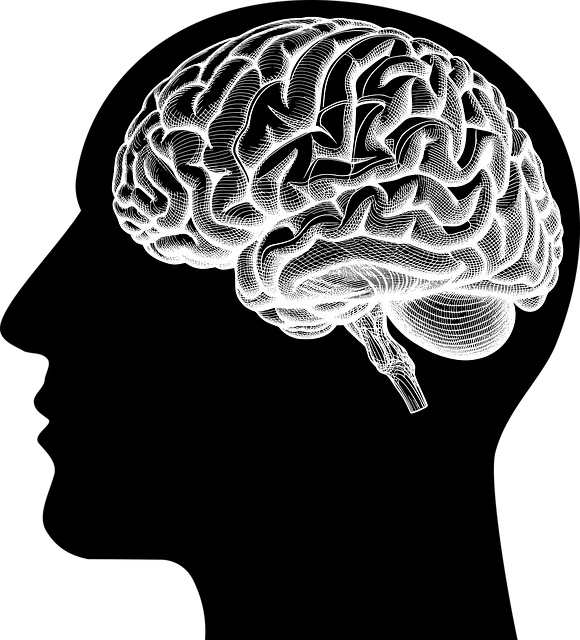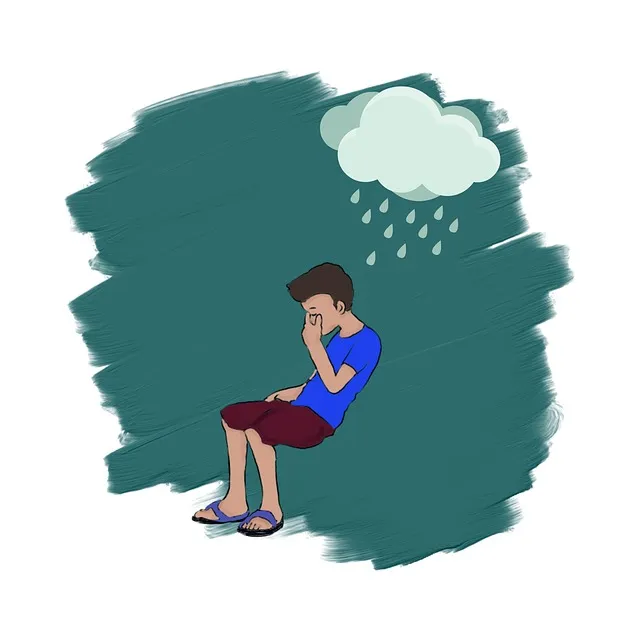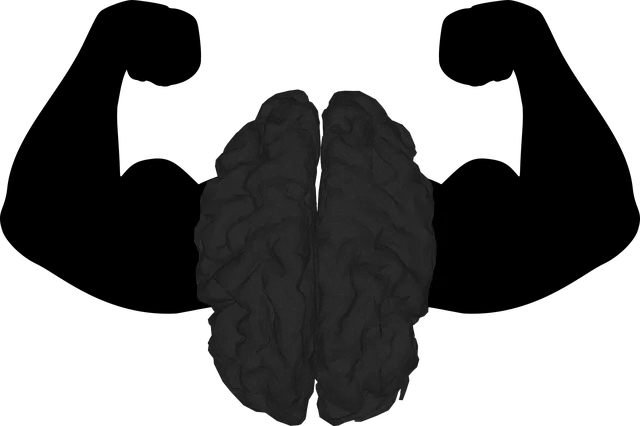Castle Rock Kaiser mental health classes prioritize culturally sensitive practices, empowering professionals to navigate diverse communities effectively. Through workshops addressing biases, systemic barriers, and unique community strengths, practitioners gain insights for personalized care tailored to patients' cultural contexts. This holistic approach improves engagement, treatment adherence, and outcomes while fostering inclusive environments that respect individual identities. By integrating therapeutic approaches, policy advocacy, and outreach programs, Castle Rock Kaiser ensures accessible, culturally sensitive mental healthcare for all.
Cultural sensitivity is a cornerstone of effective mental healthcare, ensuring equitable and accessible treatment for all. This article explores essential aspects of cultural competence within the field, focusing on strategies to enhance therapy outcomes in diverse populations. We delve into identifying and addressing biases, incorporating varied therapies, and highlighting resources like Castle Rock Kaiser Mental Health Classes, offering specialized training to foster a more inclusive practice environment. Understanding these concepts is pivotal for mental health professionals aiming to provide culturally sensitive care.
- Understanding Cultural Competence in Mental Healthcare
- The Impact of Cultural Sensitivity on Therapy Outcomes
- Identifying and Overcoming Biases in Clinical Practice
- Incorporating Diverse Therapies and Treatment Approaches
- Training and Resources for Effective Cultural Sensitivity at Castle Rock Kaiser Mental Health Classes
Understanding Cultural Competence in Mental Healthcare

In today’s diverse society, cultural sensitivity is paramount in mental healthcare practice. Understanding and respecting cultural differences can significantly enhance patient care and outcomes. Castle Rock Kaiser mental health classes offer valuable guidance on cultivating this competence, equipping professionals with the tools to navigate complex cultural landscapes effectively. These classes delve into essential topics like understanding cultural identities, unconscious biases, and the impact of systemic barriers on mental wellness.
By participating in such workshops, mental health practitioners can gain insights into specific communities’ unique challenges and strengths. For instance, Stress Management Workshops Organization provides practical exercises aimed at helping individuals from diverse backgrounds cope with stress and promote mental wellness. This proactive approach not only fosters inclusive care but also empowers patients to engage in Depression Prevention strategies tailored to their cultural contexts, ultimately enriching the mental health ecosystem.
The Impact of Cultural Sensitivity on Therapy Outcomes

Cultural sensitivity plays a pivotal role in shaping the outcomes of therapy sessions, especially in diverse communities. When mental healthcare providers embrace cultural awareness, they create an environment that fosters trust and understanding. This is particularly relevant for practices like those offered by Castle Rock Kaiser Mental Health Classes, where therapists interact with individuals from various ethnic, racial, and cultural backgrounds.
By integrating cultural sensitivity into their practice, therapists can address unique challenges faced by clients from different communities. It involves recognizing and respecting individual cultural beliefs, values, and traditions, which in turn enhances the therapeutic alliance. This approach not only improves client engagement but also enables mental health professionals to provide more personalized and effective treatments. For instance, a therapist sensitive to cultural nuances might employ specific techniques or therapies that align with the client’s cultural context, ultimately leading to better treatment adherence and positive outcomes. Moreover, this awareness can help prevent potential harm caused by insensitive practices, as outlined in Mental Health Policy Analysis and Advocacy studies, and contribute to the overall well-being of diverse populations, encouraging open dialogue and meaningful connections within the therapeutic setting.
Identifying and Overcoming Biases in Clinical Practice

In the pursuit of culturally sensitive mental healthcare, one of the primary challenges is identifying and overcoming biases that can inadvertently influence clinical practice. Biases, often unconsciously held, can stem from personal experiences, societal influences, or structural inequalities. These biases may lead to misdiagnoses, inappropriate treatment plans, or a lack of understanding of a client’s cultural context, which can significantly impact care outcomes. For instance, professionals at Castle Rock Kaiser mental health classes have recognized the need to address these biases through education and training. Workshops focusing on cultural competency, including topics like implicit bias awareness and microaggressions, have been organized to equip practitioners with the skills to recognize and mitigate their own biases.
Community outreach programs implementation, such as those offering Mental Wellness Coaching Programs Development or Stress Management Workshops Organization, plays a pivotal role in breaking down barriers. By engaging directly with diverse communities, these initiatives foster trust, promote understanding, and ensure that mental healthcare services are accessible and culturally tailored. This approach not only helps clients receive more personalized care but also empowers practitioners to overcome their biases, ultimately enhancing the effectiveness of treatment and supporting positive mental health outcomes for all individuals.
Incorporating Diverse Therapies and Treatment Approaches

Incorporating diverse therapies and treatment approaches is a key aspect of culturally sensitive mental healthcare. At Castle Rock Kaiser, mental health classes emphasize the importance of understanding and respecting different cultural backgrounds, beliefs, and practices. This approach ensures that individuals from various ethnic, racial, and socioeconomic groups receive tailored care that aligns with their unique needs and preferences. By integrating diverse therapeutic modalities, such as mindfulness-based interventions, traditional healing practices, and community-based support systems, mental health professionals can create a more inclusive and effective environment for all clients.
The inclusion of self-care practices and crisis intervention guidance within these diverse therapies further enhances cultural sensitivity. Mental Health Policy Analysis and Advocacy plays a crucial role in ensuring that these inclusive approaches are not only implemented but also supported by systemic changes at the institutional and societal levels. This comprehensive strategy fosters an atmosphere where every individual, regardless of their cultural identity, can access and benefit from quality mental healthcare services.
Training and Resources for Effective Cultural Sensitivity at Castle Rock Kaiser Mental Health Classes

Castle Rock Kaiser Mental Health classes offer comprehensive training and resources designed to foster cultural sensitivity among practitioners. These programs are tailored to equip professionals with the skills needed to navigate diverse cultural contexts, ensuring effective and empathetic care for all clients. The curriculum covers a wide range of topics, including cross-cultural communication techniques, understanding cultural beliefs and practices related to mental health, and strategies for providing trauma-informed support.
The classes prioritize practical learning through interactive workshops, case studies, and role-playing exercises. This hands-on approach allows practitioners to develop cultural sensitivity not just theoretically but also in real-world scenarios. Additionally, Castle Rock Kaiser provides access to Mental Wellness Coaching Programs Development and Trauma Support Services, further enhancing the support available for professionals seeking to improve their cultural competency. These initiatives ultimately contribute to enhanced client outcomes, as mental health practitioners become more adept at offering personalized care that respects and values each individual’s unique cultural background.
Cultural sensitivity is a cornerstone of effective mental healthcare, as it ensures that diverse populations receive tailored support. By understanding cultural competence, navigating biases, and adopting inclusive therapies, practitioners can significantly improve therapy outcomes. The Castle Rock Kaiser mental health classes offer valuable training and resources to enhance cultural sensitivity, enabling professionals to provide compassionate and impactful care to all clients. These efforts contribute to a more equitable and accessible mental healthcare landscape.






